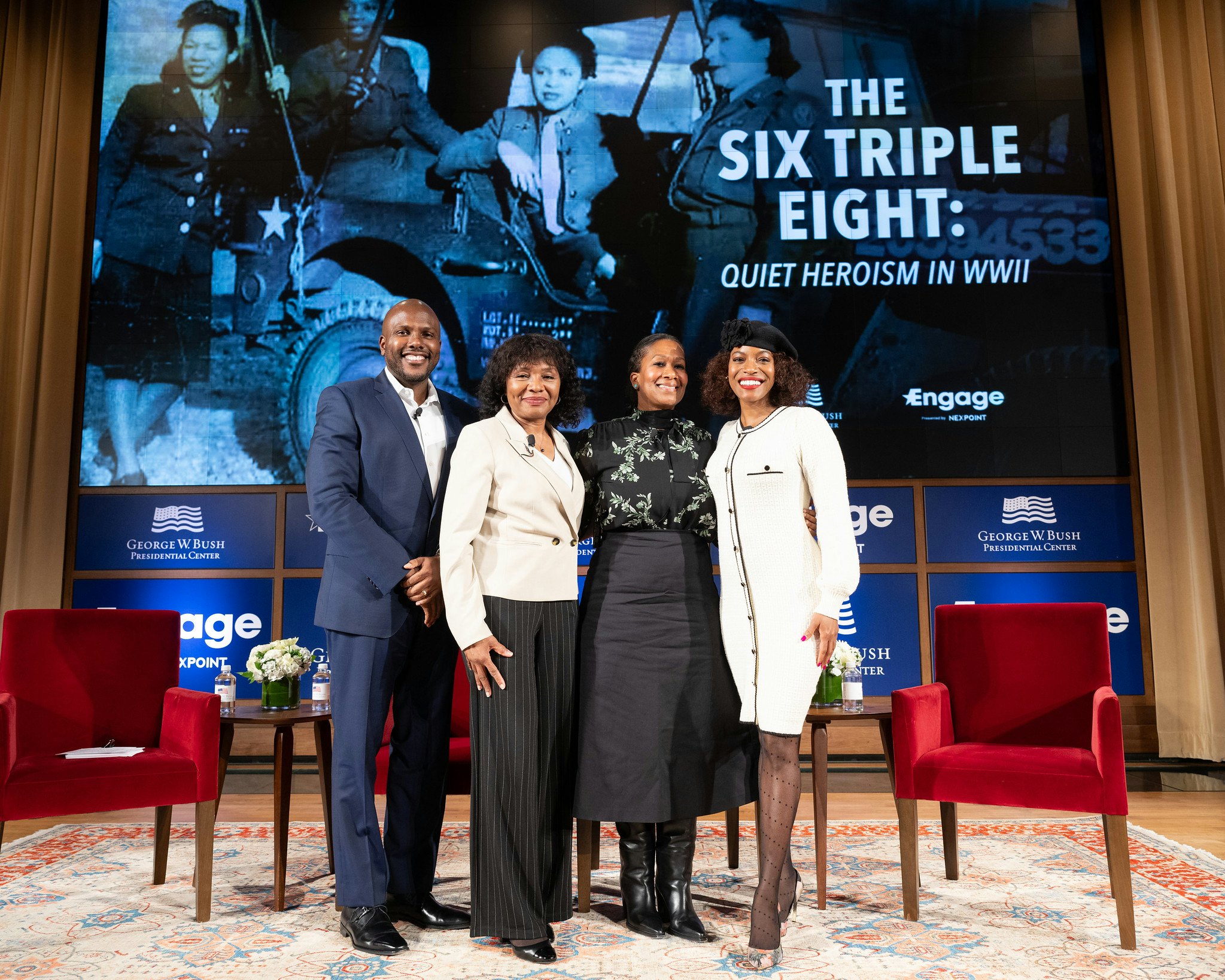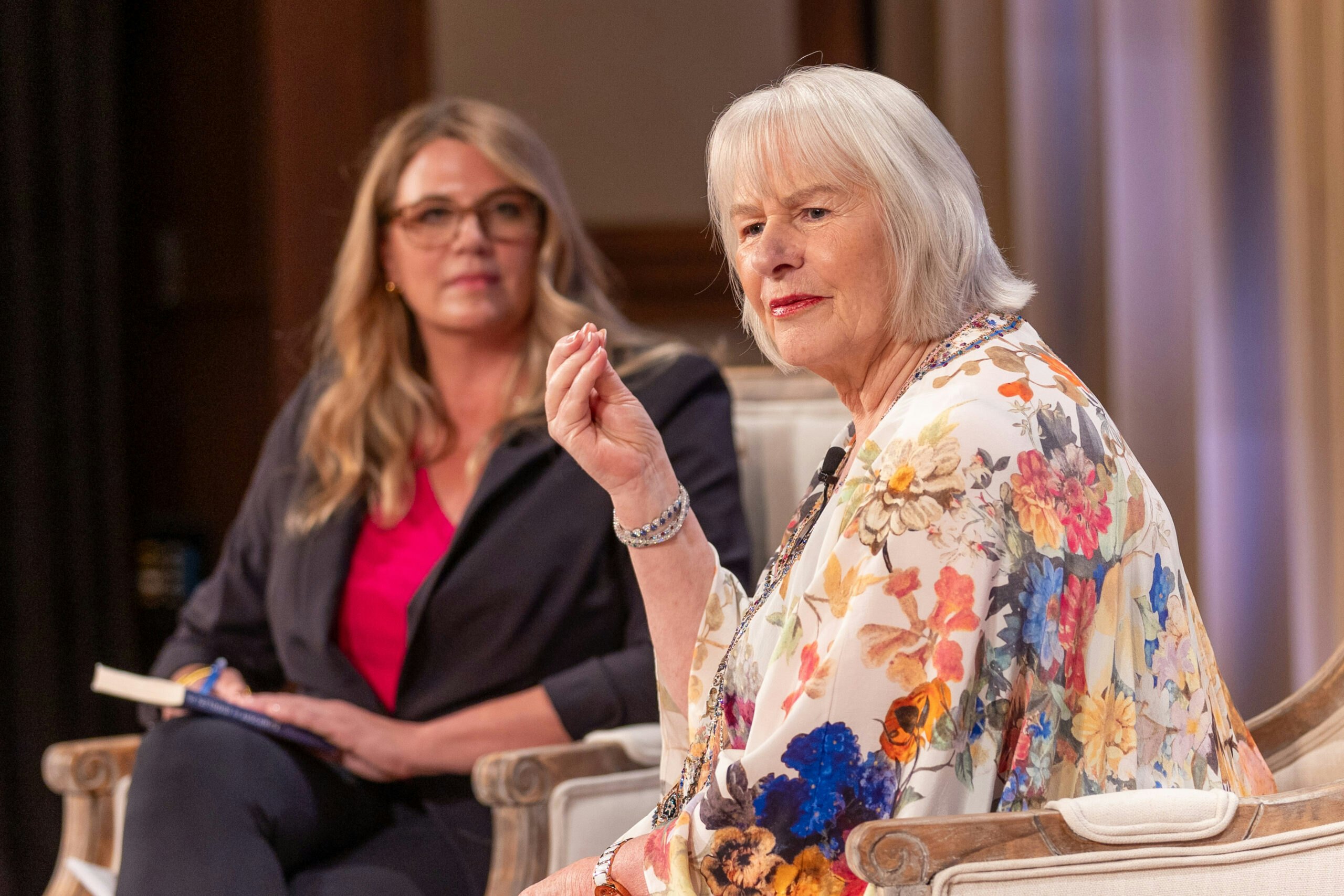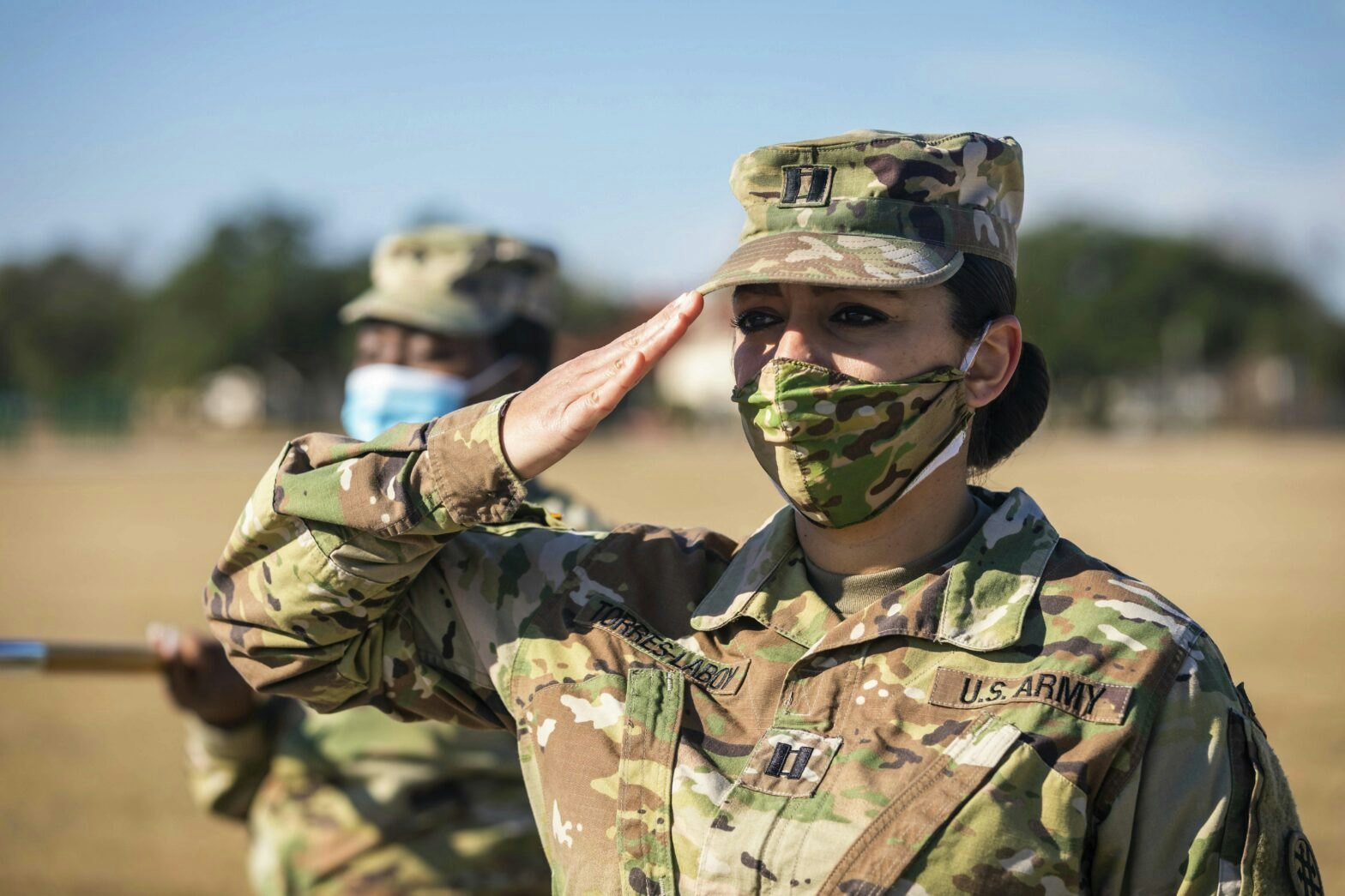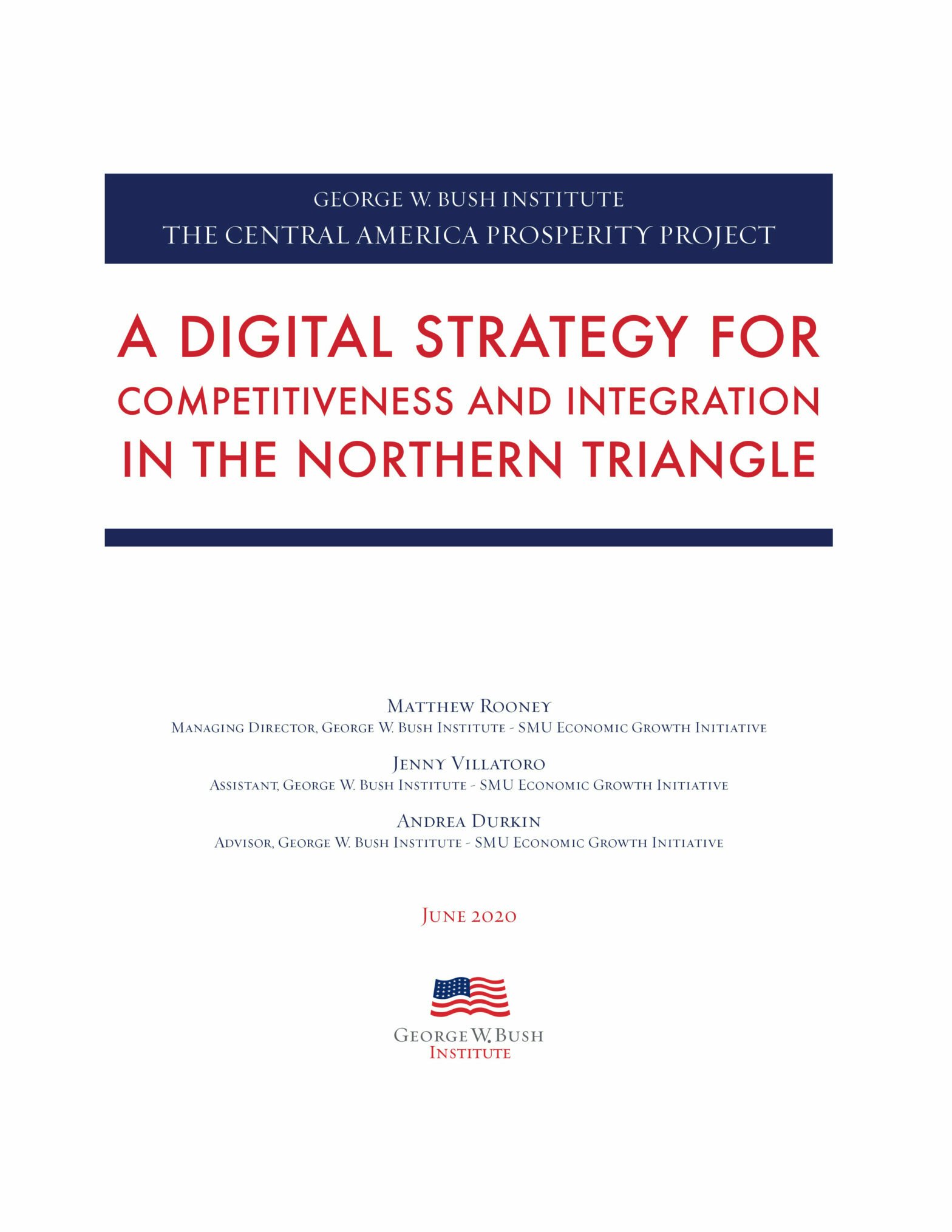This op-ed originally appeared in The Washington Post.On Tuesday afternoon, Malala Yousafzai was a 14-year-old girl riding home on a...
On Tuesday afternoon, Malala Yousafzai was a 14-year-old girl riding home on a school bus. Now, after a masked gunman apparently boarded her bus, asked for her by name and shot her in the head and neck, she is fighting for her life. Malala was targeted by the Pakistani Taliban because for the past three years she has spoken out for the rights of all girls to become educated. After this despicable shooting, a Taliban spokesman said that his organization considers Malala’s crusade for education rights an “obscenity” and accused her of “propagating” Western culture. If she survives, the group promises to try again to kill her.
Eleven years ago, America awoke to the barbaric mind-set of the Taliban. Its regime in Afghanistan was dedicated in part to the brutal repression and abject subjugation of women. Women were not allowed to work or attend school. Taliban religious police patrolled the streets, beating women who might venture out alone, who were not dressed “properly” or who dared to laugh out loud. Women could not wear shoes that made too much noise, and their fingernails were ripped out for the “crime” of wearing nail polish.
Today, the Taliban has been pushed back, but it still operates in parts of Afghanistan and in the northern and western regions of Pakistan along the Afghan border. The city where Malala was shot, Mingora, is in Pakistan’s Swat province, which has been on the front lines of the battle against Taliban extremists. In 2007, the Taliban gained control of Swat, only to be largely pushed out in the summer of 2009 by a Pakistani military offensive. During its time in power, the Taliban closed and destroyed girls’ schools, leaving behind little more than piles of rubble; enforced its own interpretation of sharia law; and banned the playing of music in cars.
At age 11, to protest what was happening in her homeland, Malala began to write about her experiences, producing a blog for the BBC’s Urdu-language service. She described wearing plain clothes, not uniforms, so that no one would know she was attending school and wrote about how she and other girls “hid our books under our shawls.” Nonetheless, after the Taliban forced the closure of her school, Malala had no choice but to stay home and suspend her education. In another blog entry, she wrote: “Five more schools have been destroyed, one of them was near my house. I am quite surprised, because these schools were closed so why did they also need to be destroyed?” A few weeks later she wrote, “I am sad watching my uniform, school bag and geometry box” and “hurt” because her brothers could go to school while she could not.
Malala had dreamed of becoming a doctor, but recently she became interested in politics and speaking out for the rights of children. In 2011, Malala was a nominee for theInternational Children’s Peace Prize, which lauded her bravery in standing up for girls’ educational rights amid rising fundamentalism at a time when few adults would do the same. Last year, she was awarded Pakistan’s first National Youth Peace Prize. These are the accomplishments of the young girl who so terrified the Taliban.
Condemnations of the attempt on Malala’s life have been swift and powerful. The U.S. government called it “barbaric” and “cowardly.” Pakistan’s prime minister said, “Malala is like my daughter, and yours too. If that mind-set prevails, then whose daughter would be safe?” And the Pakistani army’s chief general said that the Taliban has “failed to grasp that she is not only an individual, but an icon of courage.”
Speaking out after an atrocious act, however, isn’t enough. Malala inspires us because she had the courage to defy the totalitarian mind-set others would have imposed on her. Her life represents a brighter future for Pakistan and the region. We must speak up before these acts occur, work to ensure that they do not happen again, and keep our courage to continue to resist the ongoing cruelty and barbarism of the Taliban. Malala Yousafzai refused to look the other way. We owe it to her courage and sacrifice to do the same.
Malala is the same age as another writer, a diarist, who inspired many around the world. From her hiding place in Amsterdam, Anne Frank wrote, “How wonderful it is that nobody need wait a single moment before starting to improve the world.” Today, for Malala and the many girls like her, we need not and cannot wait. We must improve their world.
Laura Bush was first lady of the United States from 2001 to 2009. In November 2001, she gave the first presidential radio address on the treatment of women under the Taliban.
























